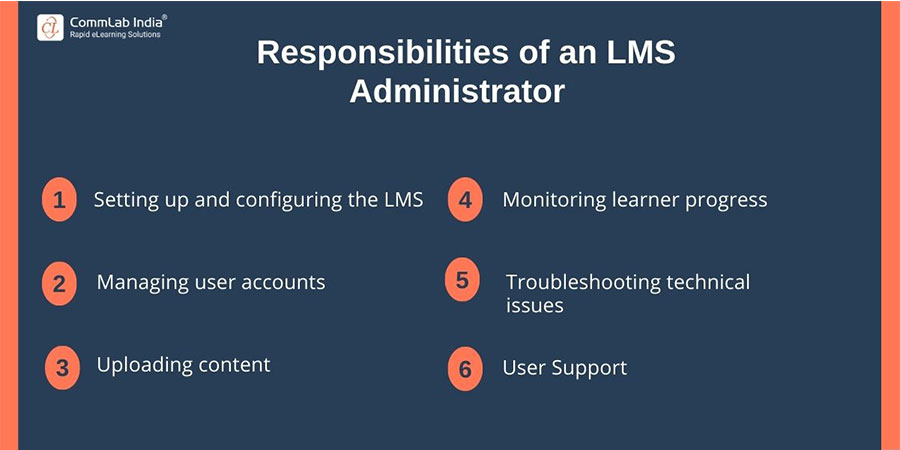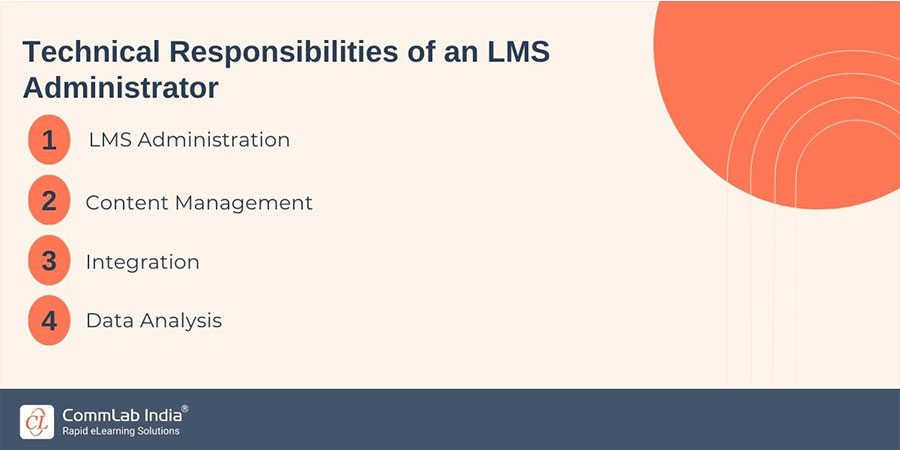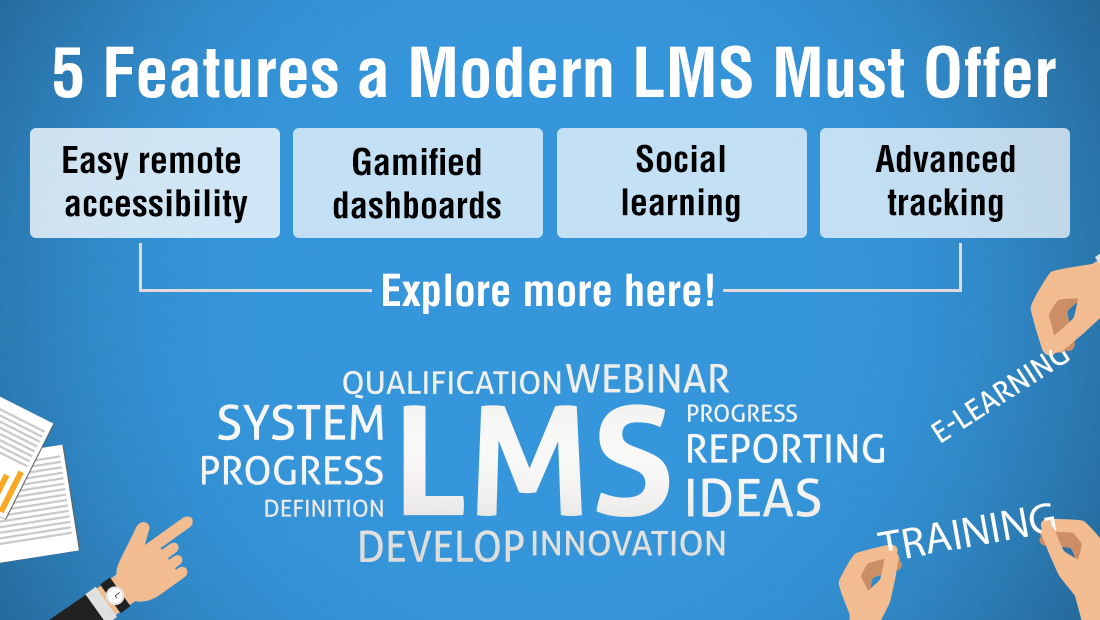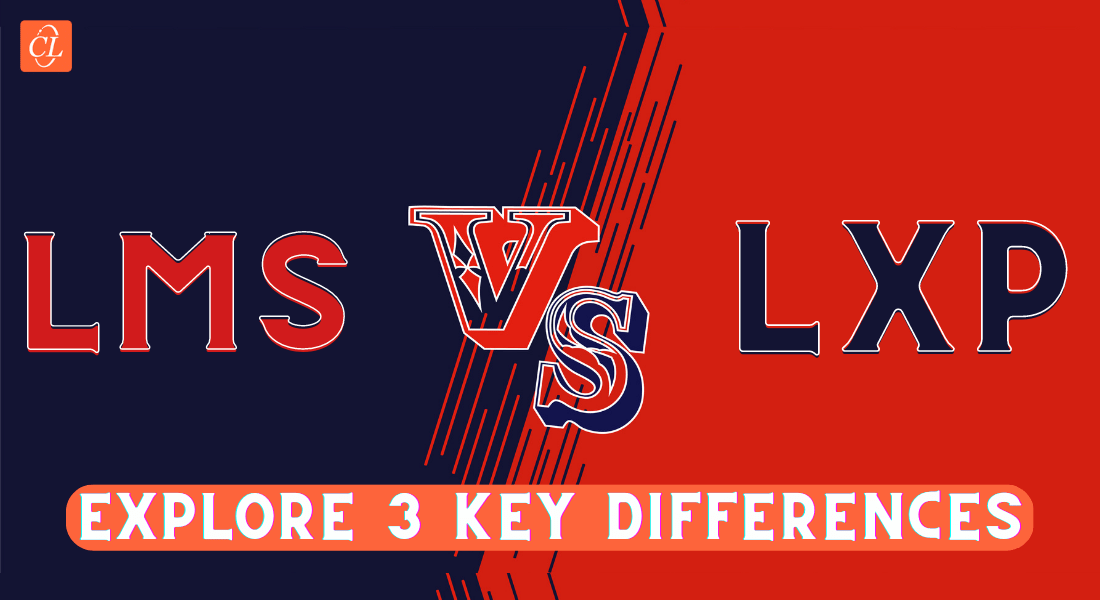What Skills to Seek in a Corporate Training LMS Administrator?

Ready to take your corporate training program up a notch? Well, meet the unsung hero of seamless learning management systems (LMS): the LMS administrator. This key player is all about ensuring a smooth and effective training experience for your employees. But, what are the top skills you need in your LMS administrator? Let's uncover in the blog...
Importance of LMS Administrators for Corporate Training
In the age of remote work and virtual learning, Learning Management Systems (LMS) have become indispensable for corporate training. An LMS is a software platform that facilitates the organization and delivery of training content to employees. It serves as a centralized hub for storing course materials, tracking progress, and generating training effectiveness reports. But, at the heart of this system's functionality lies the expertise of an LMS administrator.
Who is an LMS Administrator?
An LMS (Learning Management System) Administrator plays a crucial role in the success of corporate training programs. They are responsible for managing and maintaining the online learning platform, ensuring that it is functional, up-to-date, and meeting the needs of both learners and trainers.
LMS administrators are pivotal to the triumph of any corporate training initiative. They shoulder the responsibility of handling all aspects of the LMS, from customization and initial setup to ongoing maintenance and support. Without these skilled professionals, harnessing the full potential of an LMS would be an uphill battle.
What is the Role of an LMS Administrator?

1. Setting up and configuring the LMS
The first responsibility of an LMS administrator is to set up and configure the system according to the organization's needs. This includes creating user accounts, uploading course materials, setting up permissions and access levels, and customizing the platform's interface.
2. Managing user accounts
An LMS administrator is responsible for managing all user accounts on the platform. This includes adding new users, deactivating inactive accounts, resetting passwords if needed, and troubleshooting any issues related to login or account access.
→ Download Now: Why Do You Need an Extended Enterprise LMS? [Infographic]
3. Uploading content
One of the essential tasks of an LMS administrator is uploading corporate training course content onto the platform. This can include videos, presentations, documents, quizzes, assessments, etc., which are necessary for delivering effective training.
4. Monitoring learner progress
Learner progress tracking is another critical function of an LMS administrator. They must monitor each user's progress through their courses to ensure they are completing them on time and understanding the material effectively.
5. Troubleshooting technical issues
They should be well-versed in different operating systems, databases, coding languages, and other technologies used in implementing an LMS. This proficiency allows them to troubleshoot any issues that may arise quickly and efficiently.
6. User Support
The LMS administrator is responsible for providing user support by addressing queries, resolving technical issues, and providing online training on how to use the system effectively. This support ensures that employees can make the most of the LMS and their training.
What are the Top Skills to Look for in an LMS Administrator?
If you're looking to hire an LMS administrator for your organization, it's essential to find someone with the right skill set. Here are some key skills you should look for in an LMS administrator:
1. Technical proficiency: A good LMS administrator must possess a range of technical skills related to learning management systems. They must have a strong understanding of how the system works and be proficient in using different features and tools. They should also be able to troubleshoot any technical issues that may arise quickly.
The administrator should be able to handle technical aspects associated to:

2. Knowledge of instructional design: While most corporate training content is created by instructional designers, an LMS administrator needs to have a basic understanding of instructional design principles. This knowledge will help them ensure that courses are properly organized on the platform and follow best practices for effective online learning.
3. Strong communication skills: As with any role that involves working with others, effective communication skills are vital for an LMS administrator. They need to be able to communicate clearly with different stakeholders, including trainers, managers, and employees, about various aspects like course updates or technical issues.
4. Organizational and time management skills for LMS administrators: LMS administrators in corporate training need strong organizational and time management skills. They have to handle essential tasks like course creation, learner enrollment, and assessment setup. Without robust organizational skills, they risk causing delays and confusion in the training process. Additionally, proficient time management is essential for meeting deadlines and scheduling training sessions promptly.
5. Analytical and problem-solving: LMS administrators need to have strong analytical and problem-solving skills to effectively manage the learning management system. LMS administrators need to be proficient in learning analytics such as user data, track employee progress, and evaluate the effectiveness of training programs. By analyzing this data, administrators can identify patterns, trends, and areas for improvement within their organization's training program.
Wrapping Up
In conclusion, investing in a skilled and knowledgeable LMS administrator is essential for organizations looking to harness the full potential of their learning management system for corporate training. While the above discussed skills are important when looking for an LMS admin, it is also important to have good knowledge of LMS. Here's an infographic to help you understand better.


![Extended Enterprise LMS — How it Can Level Up Corporate Training [Infographic]](https://no-cache.hubspot.com/cta/default/59327/289182da-2644-4b4f-b232-31452836972b.png)


